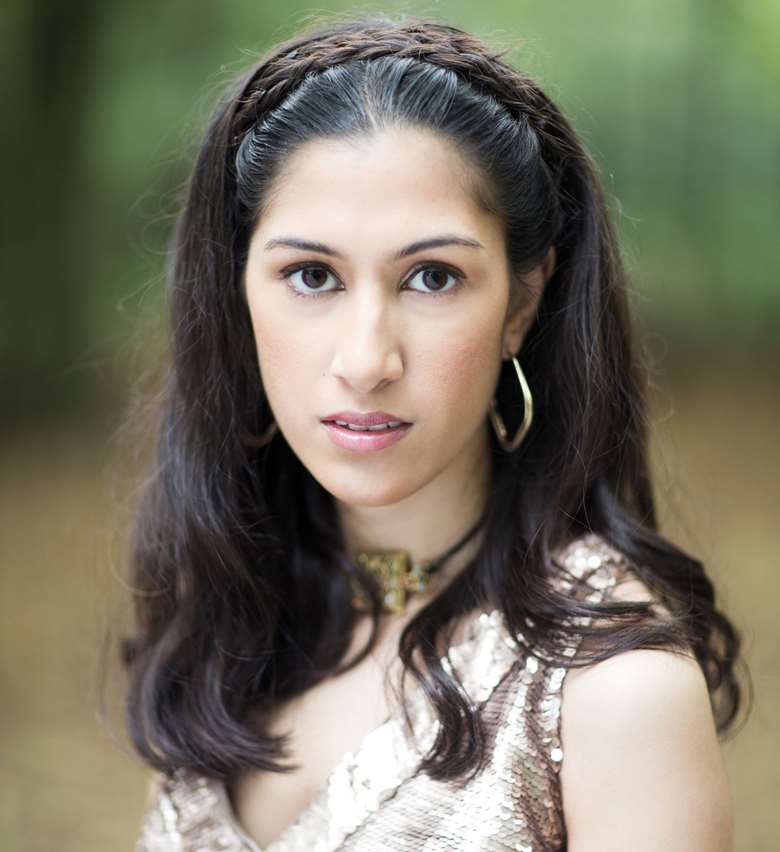Mishka Rushdie Momen interview: ‘We’ve inherited a lot culturally from the ideas of the Reformation, including a sort of paradoxical individualism’
Jessica Duchen
Friday, May 24, 2024
Mishka Rushdie Momen has recorded an album of works by composers working in the shadow of the Reformation, including Bull, Byrd and Gibbons. She tells Jessica Duchen about the enduring appeal of this music and why she plays it on a modern piano

Register now to continue reading
This article is from International Piano. Register today to enjoy our dedicated coverage of the piano world, including:
- Free access to 3 subscriber-only articles per month
- Unlimited access to International Piano's news pages
- Monthly newsletter












